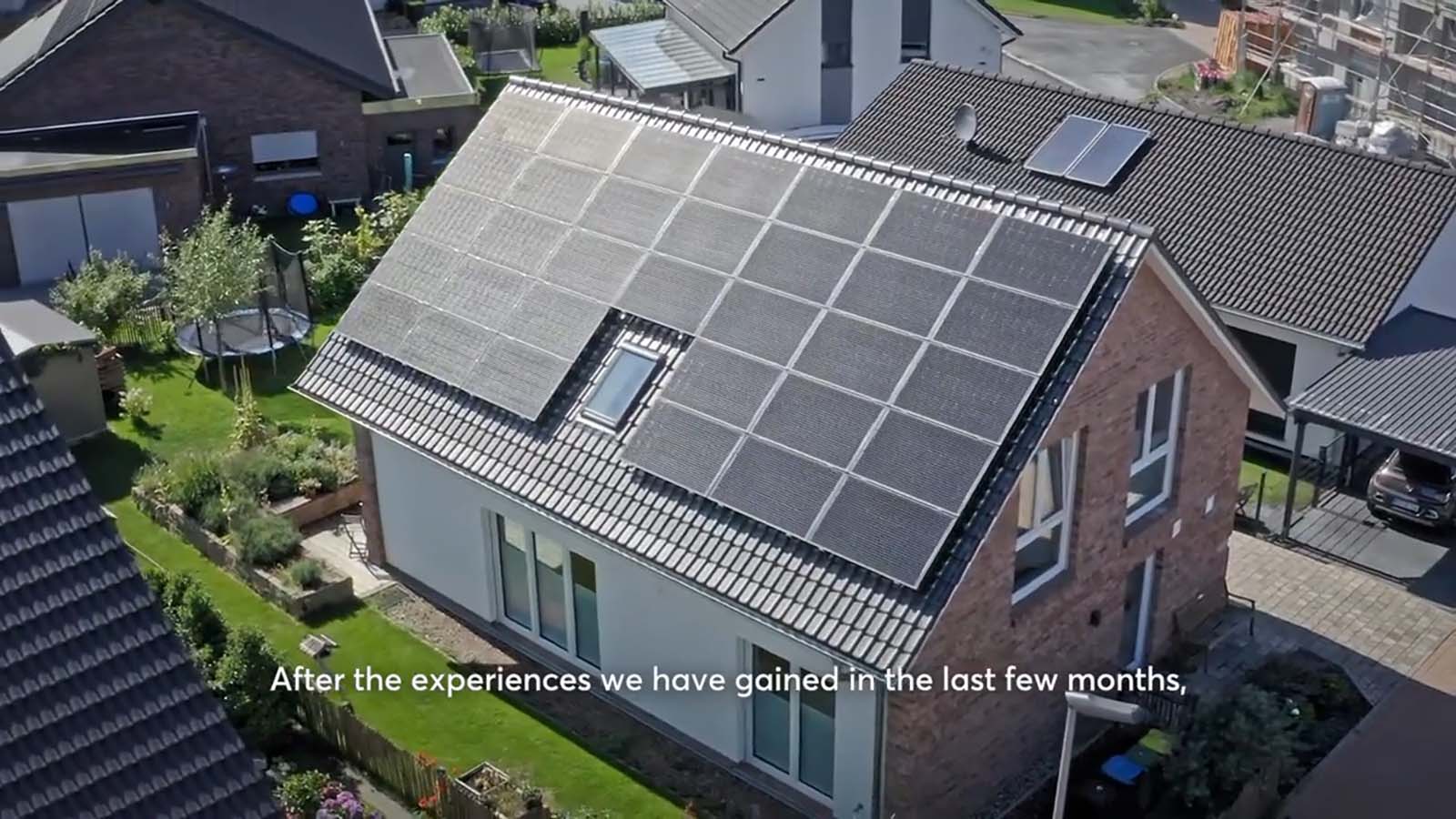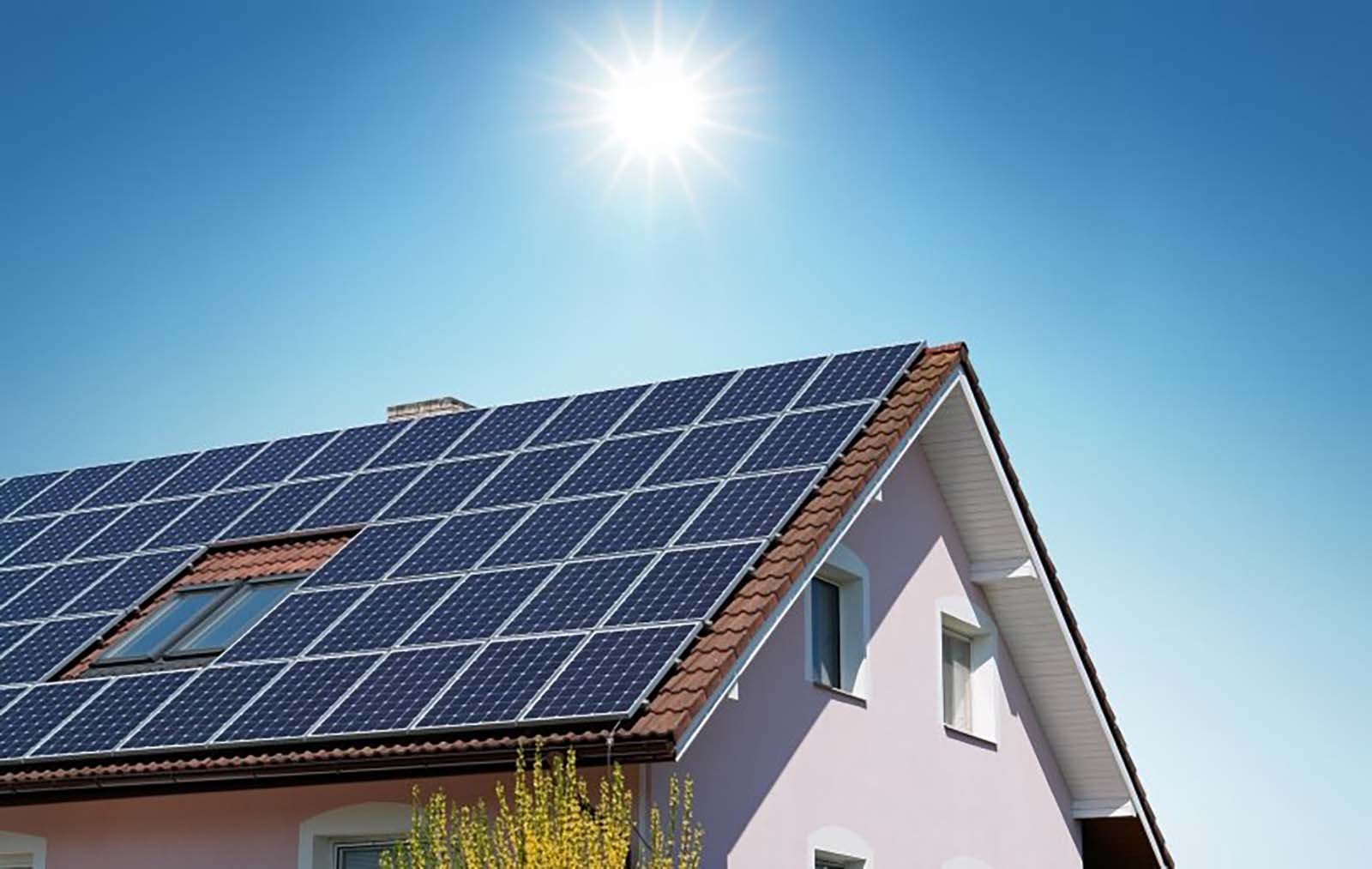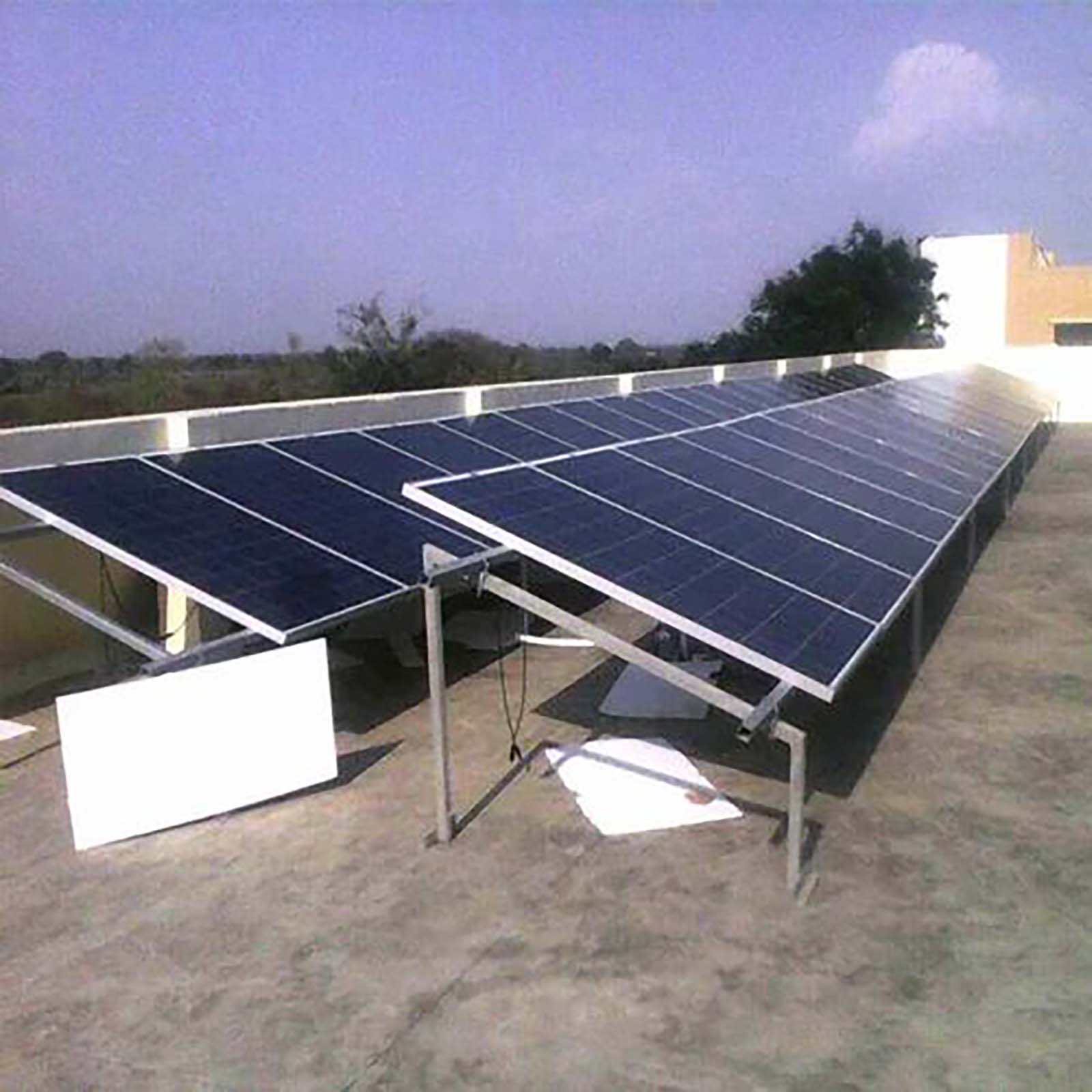What does 10kW solar system mean and how does it impact your electricity bills?

Introduction
Understanding the basics
In the world of renewable energy, solar power is gaining popularity as a clean and sustainable source of electricity. Many homeowners and businesses are installing solar systems to reduce their dependence on traditional power sources and lower their carbon footprint. One common term in solar energy discussions is the “10kW solar system.” But what exactly does it mean, and how does it affect your electricity bills? This article will provide you with insights into the 10kW solar system and its implications.
What is a 10kW solar system?
Explaining the capacity
A 10kW solar system refers to a photovoltaic (PV) system with a capacity of 10 kilowatts. This capacity represents the peak power output that the solar panels can generate under ideal conditions. The size of a 10kW solar system varies depending on the type of solar panels used and the availability of space. Usually, such a system consists of around 30 to 40 solar panels, each with a capacity of approximately 250 to 330 watts.
Implications for electricity bills
Reducing reliance on the grid
By installing a 10kW solar system, you can significantly reduce your reliance on the traditional power grid. The solar panels generate electricity from the sun’s energy, which can power your home or business directly. During peak sunlight hours, the system can produce enough electricity to cover a substantial portion of your energy needs. Consequently, this leads to a reduction in the amount of electricity you have to purchase from your utility provider, ultimately lowering your electricity bills.

Offsetting high energy consumption
For properties with high electricity consumption, such as large homes or commercial buildings, a 10kW solar system can be especially beneficial. The system’s higher capacity allows it to generate more electricity, which can offset the higher energy demands of such properties. This can result in even greater savings on electricity bills and a faster return on investment for the solar system installation.
Feed-in tariffs and the grid
In certain regions, excess electricity generated by a 10kW solar system can be fed back into the grid through a process called net metering. This allows you to earn credits for the surplus power you contribute, which can offset your future electricity bills. However, the availability and terms of feed-in tariffs vary depending on your location, so it’s important to research and understand the specific regulations in your area.
Environmental benefits
Apart from the financial advantages, a 10kW solar system also offers significant environmental benefits. By relying on solar power, you are reducing your carbon footprint and contributing to a cleaner and more sustainable future. Solar energy is renewable and emits no greenhouse gases during generation, unlike fossil fuels. Installing a solar system helps combat climate change and supports the global transition towards cleaner energy sources.

Conclusion
Embrace the power of solar energy
In summary, a 10kW solar system represents a photovoltaic system with the capacity to generate 10 kilowatts of electricity. By installing such a system, you can reduce your reliance on the grid, lower your electricity bills, and contribute to a greener environment. If you are considering solar power for your home or business, consult with a reputable solar installer to determine the best solar system size and design based on your energy needs and available space. Embrace the power of solar energy and join the transition to a more sustainable future.




